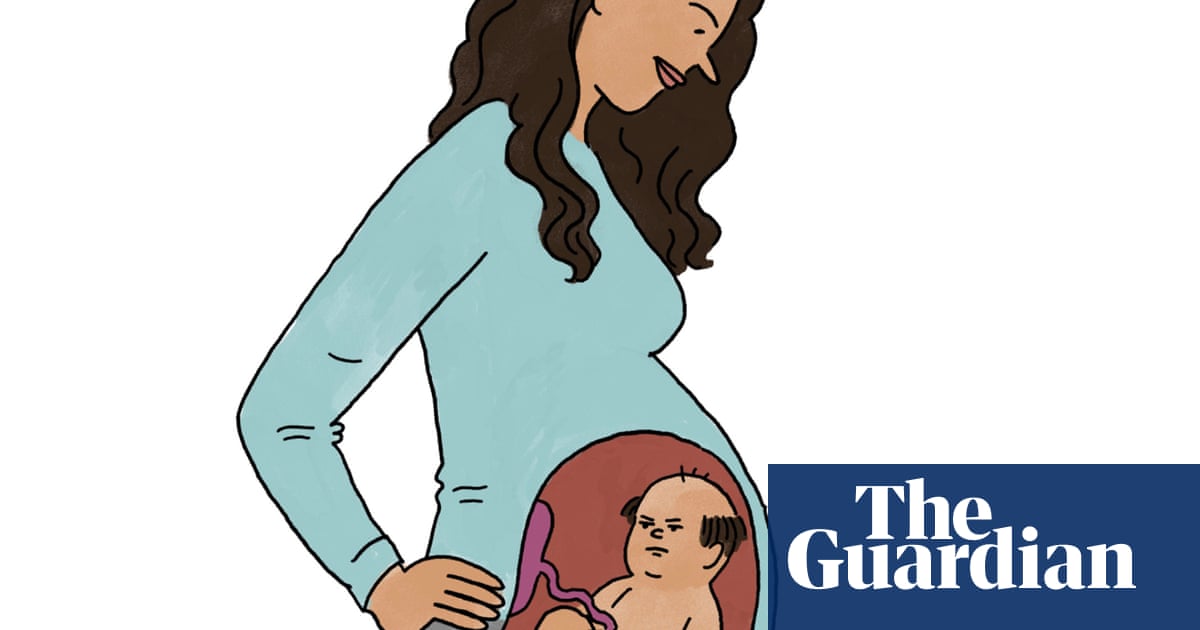This is partially true, says Dr Thivos Sokratous, medical doctor and hair loss expert at Ouronyx. We all have two chromosomes (essentially strings of DNA) that code our genetic makeup. Males are born with an X chromosome, with genes inherited from their mother, and a Y chromosome, from their father.
Sokratous says some studies have shown a strong link between the androgen receptor gene on the X chromosome (passed down from the mother) and male pattern hair loss, with some suggesting this gene may account for up to 70% of the risk. “But male pattern baldness is more complex than that,” he says. “It’s the combination of genes from your mum and your dad alongside other factors.”
Sign up toInside Saturday
The only way to get a look behind the scenes of the Saturday magazine. Sign up to get the inside story from our top writers as well as all the must-read articles and columns, delivered to your inbox every weekend.
after newsletter promotion
Sokratous says that a predisposition to the condition is usually due to a combination of genes. He adds that your body’s hormonal processes can also cause hair loss. This is because it’s a process that happens in the scalp when the skin converts testosterone to active testosterone. Factors such as anabolic steroid use can raise testosterone levels and worsen this process. Other hormone imbalances, such as those caused by thyroid dysfunction or chronic stress, can contribute to different types of hair loss as well.
If you’re worried about hair loss, there are blood tests you can take to see if it’s genetic or hormonal. “It could be due to a disease that can be managed. And, if not, it will help you gain an understanding of what you can expect over the next five, 10, 15 years.”
Environmental factors can also speed up or slow down the process, says Sokratous. “Are you eating a diet rich in nutrients like zinc, vitamin D, iron and B vitamins? Is your body absorbing them properly? Adjusting your diet can slow things down.”
